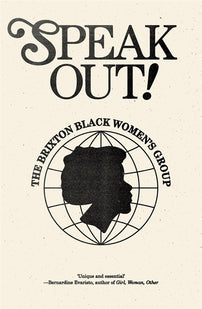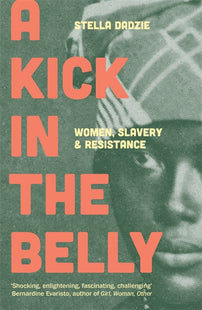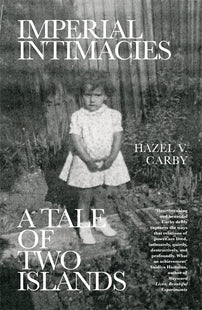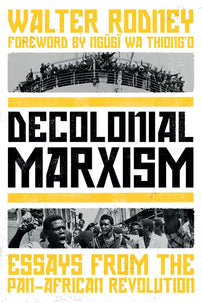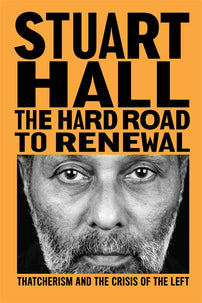Essential Books for UK Black History Month
Our key reading.

This October, during UK Black History Month, we are proud to publish Speak Out: The Brixton Black Women's Group. The group was a Black socialist feminist organisation active in the 1970s and 80s. They were central to radical struggles against racism, fascism, sexism and class oppression, in London and beyond.
They organised extensively around the policing and criminalisation of Black people, reproductive justice, housing, labour, legislation on immigration and nationality, education and more. As fascism sees a resurgence around the world, as the struggle against police brutality continues unabated, as attacks on reproductive rights rage on, and as border regimes continue to exact their deadly toll, the work and legacy of the Brixton Black Women’s Group remains as vital and necessary as ever.
[book-strip index="1" style="buy"]
Further Reading:
[book-strip index="2" style="buy"]

